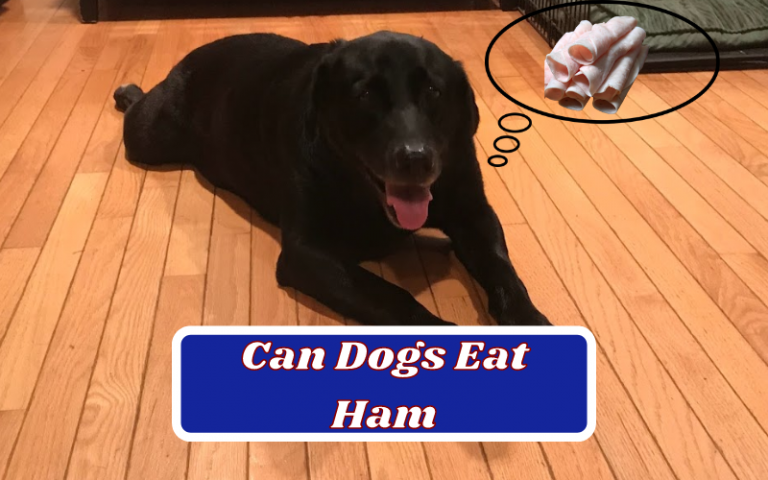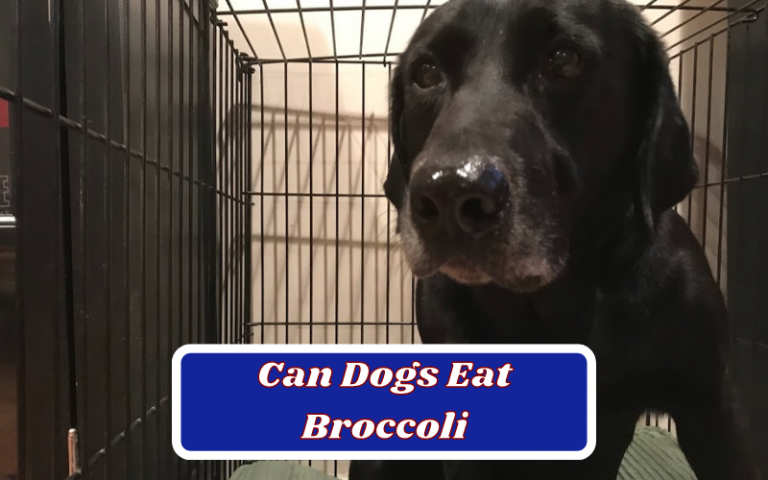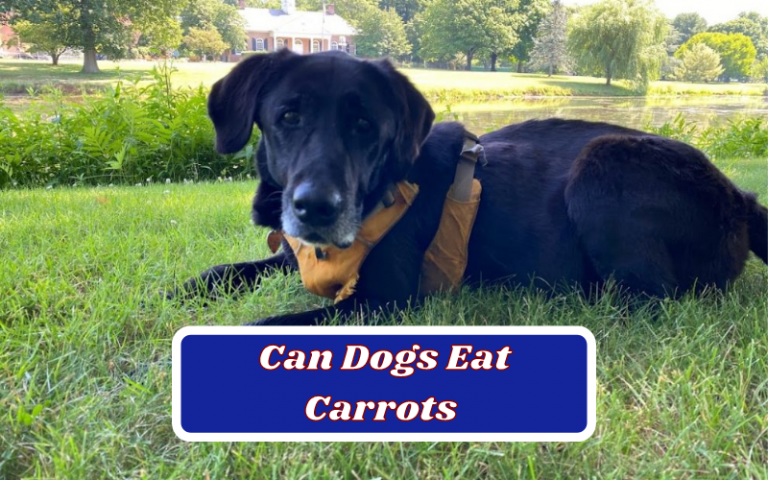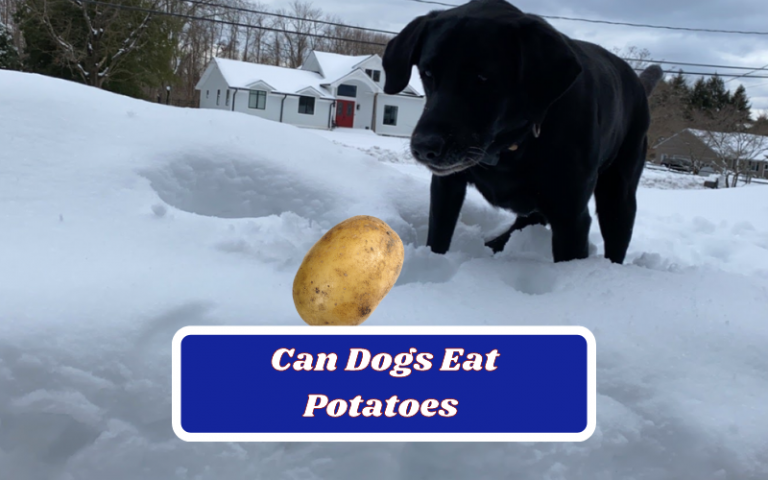Can Dogs Eat Corn – Is It Safe To Feed Corn To My Dog

The sweet taste of Corn can sometimes be hard to turn down. The grain that is packed with healthy protein, fiber, and antioxidants probably has you thinking, can dogs eat corn too?
The answer is yes, dogs can safely eat corn. Just like anything as long as it is giving in moderation, your dog can safely eat it. In fact, you can find corn in many different dog diets because it is one of the most widely used and reasonably priced grains in the world. But before you give your dog corn, there are some additional factors to take into account.
Let’s look more closely at this.
Where Does Corn Come From?
Corn comes from a wild grass plant called teosinte, which was originally found in Mexico and is still use there today. Corn was brought to America by the Native Americans by Mississippi River.
Currently, the world’s top corn producers are the United States, China, Brazil, Iowa, and Argentina. More than 1 billion bushels of corn are produced by eight nations and four states.
Are Dogs Able To Eat Corn?
Yes, corn is not only appropriate for a dog’s diet but also good for their health. However, there are specific things to be concerned of.
Can Dogs Eat Corn On The Cob?
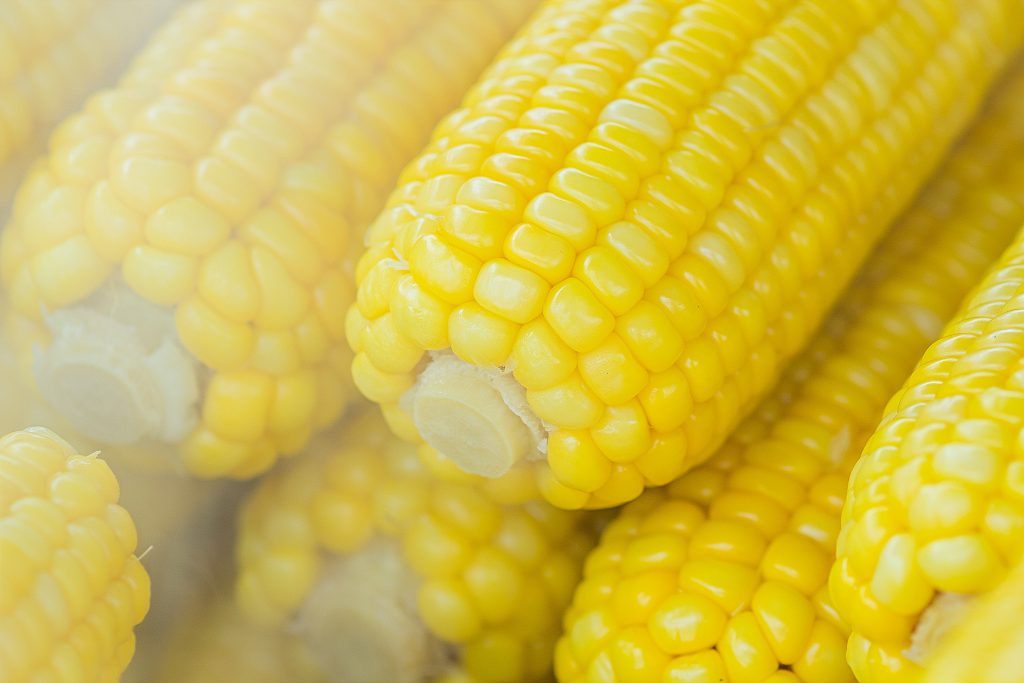
When it comes to wondering if dogs can eat corn the answer is yes! But many times when it comes to corn on the cob, the answer get’s tricky.
Allowing your dog to chew on a corn cob may seem like a good idea to keep him occupied, but this can become dangerous if they swallow a big chunks of the cob. The corn cob poses a choking hazard for dogs and has the potential to seriously obstruct there digestive tract.
You should simply shave off the corn (remove it from the cob) to feed it to your dog. Making it safe and simple for them to eat.
While large dogs may have no problem here, it is still something to be aware of. Medium and small dogs in particular are more likely to experience issues here and you should avoid this at all costs. Watch for signs of distress like vomiting, struggling too poop, loss of appetite, stomach pain, whimpering, and restlessness if you think your dog ate a piece of cob. Speak to your veterinarian right away if this is the case.
Health Benefits of Corn for Dogs
The key nutritional requirements of dogs are met by corn in dog food, including:
- Protein: Corn gluten meal provides a significant source of amino acids and protein, both of which are necessary for maintaining healthy muscles, skin, and hair.
- Carbohydrates: Your dog’s main source of energy comes from carbs, which are found in whole corn and corn meal.
- Omega’s: Dogs are unable to produce the omega-6 fatty acid, linoleic acid on their own. But, linoleic acid is found in corn. This is very beneficial and important in your dog’s growth and maintenance of a healthy immune system, skin, and coat.
- With antioxidants like vitamin E and beta-carotene, corn supports a strong immune system.
- Corn is high in fiber, which helps with gut health and intestinal motility.
Can My Dog Eat Canned Corn?
When it comes to canned corn, you might want to stay away. The reason here is that the corn is perfectly fine, but the salt content might not be. Canned corn usually as a very high amount of corn added making it not the best for dogs. Regularly consuming foods high in sodium puts dogs at risk for dehydration and salt poisoning. Consuming excessive amounts of salt over time can also result in high blood pressure and other chronic diseases.
So as long as you’re on top of this, it should not be a big issue. Just try not to feed your dog canned corn that has a ton of salt in it. You can check this by looking at the nutritional label on the back of the corn.
Why Is Too Much Salt Dangerous For Dogs?
For dogs, salt itself is not harmful. Actually, it’s a crucial component of their diet and has many benefits that they need. The mineral is so crucial that a dog who doesn’t consume enough of it runs the risk of developing brain swelling and muscle weakness or cramps.
So do not totally eliminate all salt from your dogs diet.
However, consuming too much salt is even worse for dogs than consuming insufficient amounts. Salt poisoning, is a condition that can be fatal, and occurs when your dogs consumes too much sodium. A swollen belly, excessive water consumption, and lethargy are some of the early symptoms of salt poisoning. Due to moisture loss, the muscles may stiffen, and common side effects include nausea, vomiting, diarrhea, tremors, and seizures.
Can Puppies Eat Corn
Yes, puppies can eat corn.
You can give your puppy small amounts of fresh corn on the cob with no problems (shave the corn off the cob.) By like everything, just focus on giving in moderation. Depending on the variety of corn, which is one of the most consumed cereal grains worldwide, it usually will contain a significant amount of a number of vitamins and minerals.
Is Corn Bad For Dogs With Allergies?
Dogs rarely develop corn allergies. The likelihood of your dog being sensitive to it is less than 1%. If your dog develops rashes or experiences digestive problems like vomiting or diarrhea after consuming corn, you should consult your veterinarian.
Of course, if your dog does have an allergy to corn, then you should look for food that is corn free. But for dogs that do not have an issue with corn, we recommend it be included to your dog’s diet.
The only person who can determine whether corn is safe for dogs to eat when you suspect that your pet has an allergy is a veterinarian. It takes a diet elimination trial administered by a veterinarian to make a diagnosis of food sensitivity or allergy.
Can Dogs Eat Cornbread?
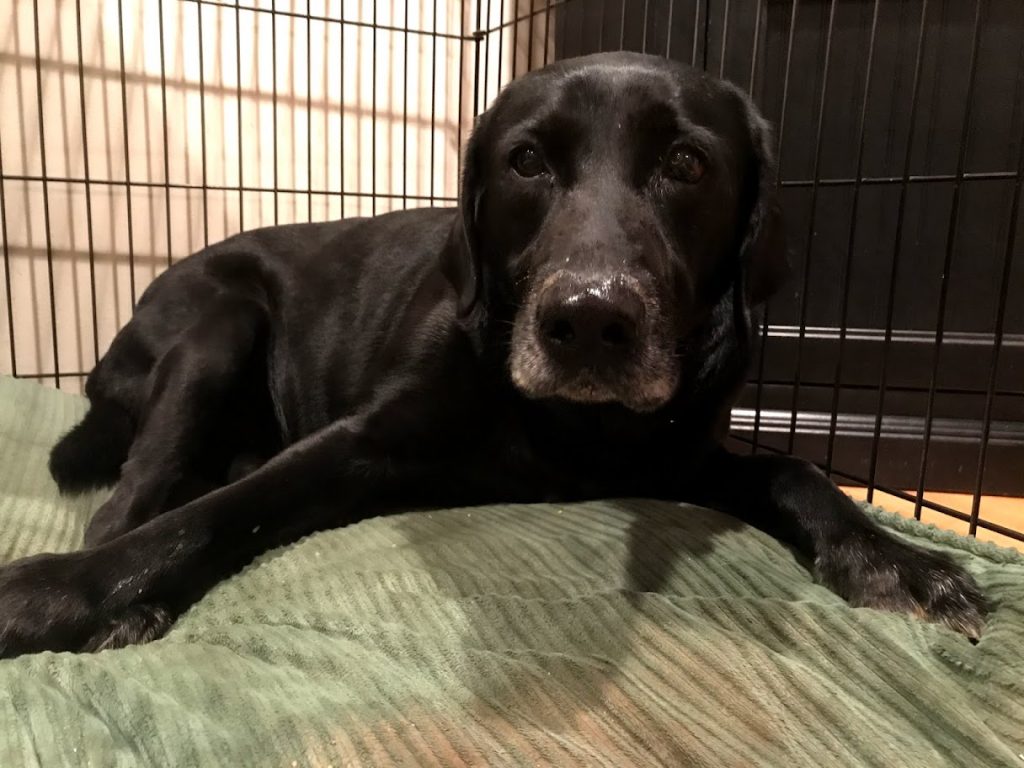
Yes, dogs can be given small amounts of basic cornbread. Cornbread is made up of wheat flour, cornmeal, milk, eggs, baking powder, salt, and a little bit of sugar.
But be careful here, because sometimes there are added ingredients to corn bread.
When additional ingredients are used, such as butter, hot peppers, or scallions, corn bread should be avoided for your pet, as things become less safe.
Many human foods, including peas, apples, and salmon, are perfectly super safe for dogs to eat and even have critical health advantages. Then there are foods like onions and chocolate that should never be given to dogs.
Right in the middle here is cornbread. While it is safe for dogs to consume occasionally and in moderation, it has no positive effects on their health and shouldn’t be a staple of their diet.
Of course, there are variations in cornbread recipes, and some extra ingredients make this food for humans a definite no.
Can Dogs Eat Corn Kernels?
Because corn kernels are small, your dog can safely eat them without fear of choking. Make sure the kernels are served without any fatty flavor enhancers such as butter, salt, or mayonnaise. A little fat is okay, but too much fat and salt can cause obesity and stomach problems.
Frequently Asked Questions
How much corn can I give my dog?
Including a small amount of corn in your dog’s diet is acceptable. However, as with all human foods added to a dog’s diet, you should feed corn in moderation and limit such a treat to no more than 10% of your dog’s diet.
Can dogs get diarrhea from corn?
Any sugar source in excess can result in diarrhea and gastrointestinal distress. Corn’s fiber can also result in diarrhea and flatulence.
Is it OK to give dogs corn every day?
Corn is a quality grain with many health benefits, and can be giving daily only if you give a little amount (no more than 10% of your dog’s diet, which also includes treats and other bones.).
Can I feed cooked corn to my dog?
Yes, dogs can safely eat cooked, canned, and off-the-cob corn kernels. Make sure the corn is washed and has little to none salt, pepper or anything else humans usually add to there corn.
How to Serve Corn to Dogs
As long as you cut the corn off the cob, you can give your dog corn as a treat or as a food topping. Simply cut the corn off the cob after it has been cooked and serve a small amount. Never season with salt, fat, or other ingredients.
Conclusion
Corn is a great ingredient to include in your dogs diet. It is usually found in many dog food formulas due to the health benefits it provides for dogs. When feeding your dog corn, just make sure to not feed them the cob and always make sure you’re checking the amount of salt that is included (to make sure it is not to much for your dog.)
By doing so, you will be making sure your dog is getting the benefits of corn without the cons. As always moderation will be the key and you want to make sure you don’t feed your dog too much corn daily.
So to answer your question of can dogs eat corn, the answer is yes!
you can also check out our suite of articles that breakdown whether or not your dog can eat a variety of different foods.

